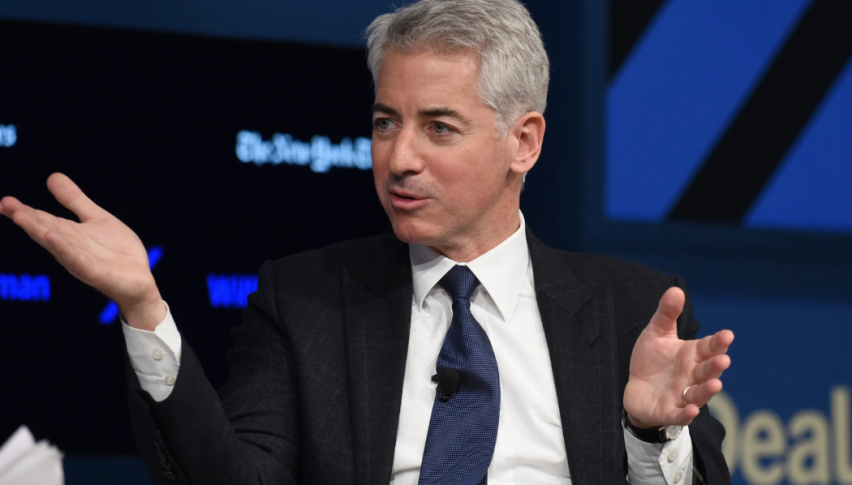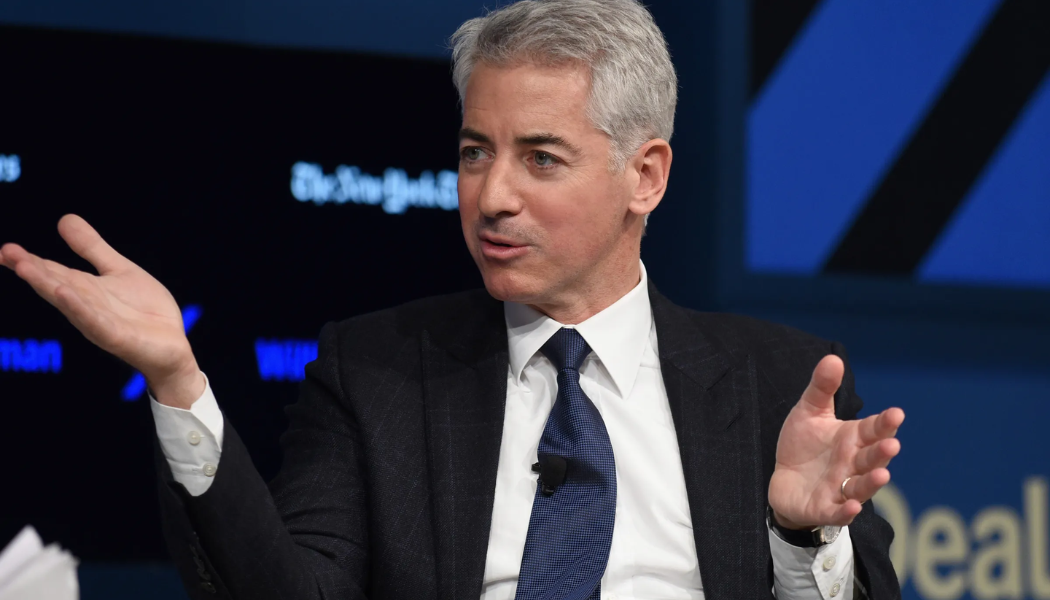Allegations Arise Against Investor Over Misuse of Company Funds
Contrary to typical corporate meltdowns, the collapse of the cryptocurrency exchange FTX did not result in any actual theft of funds.

Contrary to typical corporate meltdowns, the collapse of the cryptocurrency exchange FTX did not result in any actual theft of funds. While there were initial concerns about mismanagement and poor accounting, all of the money involved was accounted for, and ultimately, every creditor and customer was reimbursed fully.

Thomas Braziel of 117 Partners capitalized on this situation, purchasing claims that were later settled at full value. This outcome is a rare occurrence in bankruptcy scenarios, where payouts often fall short of total claims.
Thomas Braziel’s Controversial Financial Maneuvers
Thomas Braziel, a key player in the investment sphere, made headlines not just for his savvy investment in FTX claims but also for his actions surrounding another company, Fund.com. After acquiring approximately 20% of Fund.com through his fund, B.E. Capital Management, Braziel took a pivotal role by becoming the court-appointed liquidating receiver in 2016.
This role tasked him with winding down the abandoned company and distributing its assets to shareholders.
However, the execution of these responsibilities led to serious allegations: Braziel is accused of diverting funds from Fund.com into his accounts and using them for various personal expenditures and high-risk investments.
Extravagant Expenditures and Questionable Investments
According to court filings, Braziel allegedly funneled money from Fund.com sales into high-risk ventures, including cryptocurrency and leveraged loans.
Additionally, he reportedly spent these funds on luxurious items and experiences, ranging from a sapphire ring and emerald-and-diamond earrings to stays at high-end hotels and purchases of expensive art and apparel.
These allegations paint a picture of a financier who possibly stepped well beyond the bounds of his fiduciary duties, leveraging company assets to enrich his personal lifestyle and investment portfolio.
In light of these serious accusations, the case against Braziel raises significant concerns about governance and oversight in investment management, particularly in scenarios where liquidating agents are entrusted with the assets of defunct companies.
This incident serves as a cautionary tale of what can potentially go wrong when control over substantial funds is concentrated in the hands of a single individual without sufficient oversight.
The unfolding legal proceedings will likely provide further insights into the extent of these alleged financial misdeeds and their implications for the broader financial and legal community.
- Check out our free forex signals
- Follow the top economic events on FX Leaders economic calendar
- Trade better, discover more Forex Trading Strategies
- Open a FREE Trading Account


